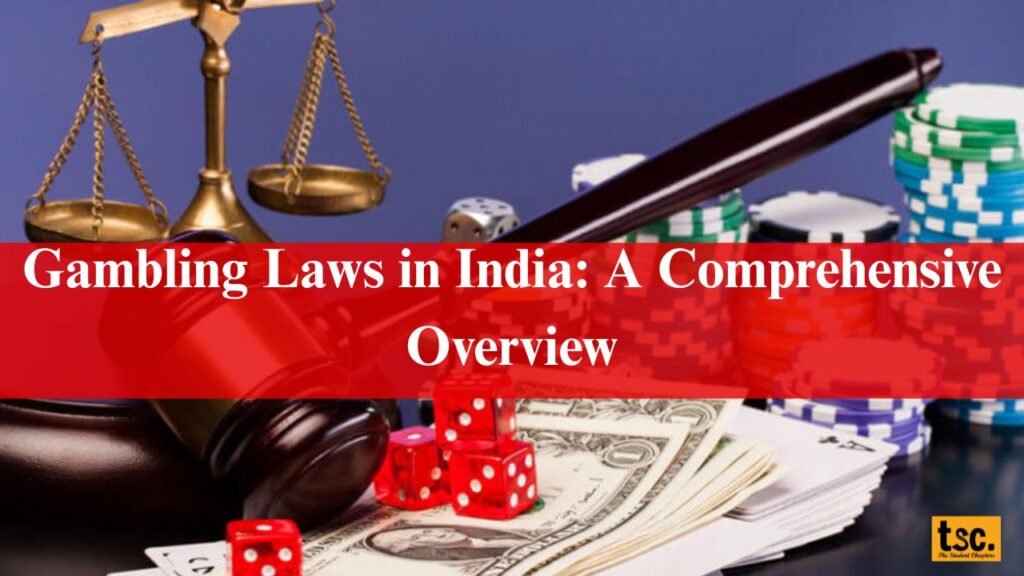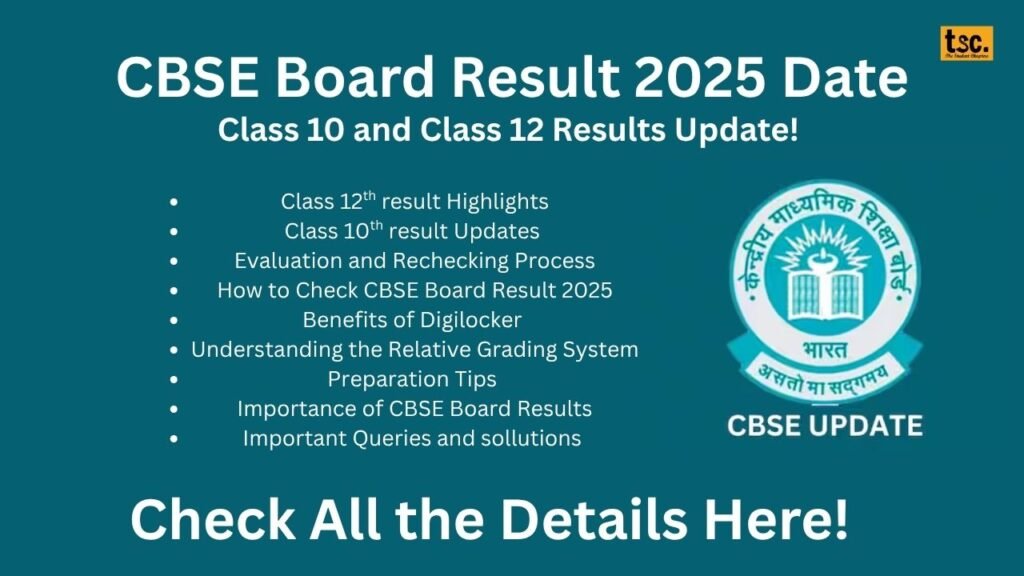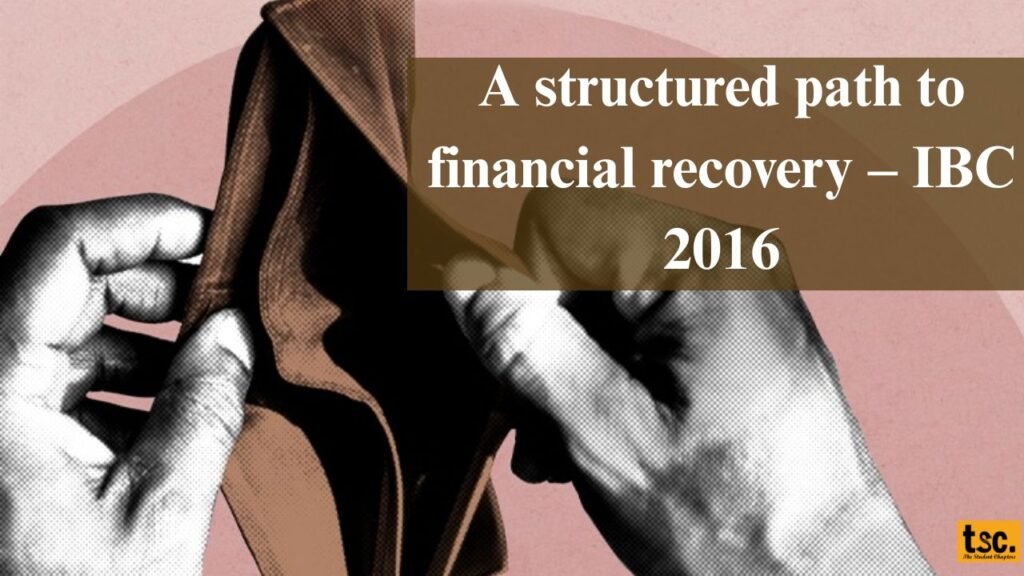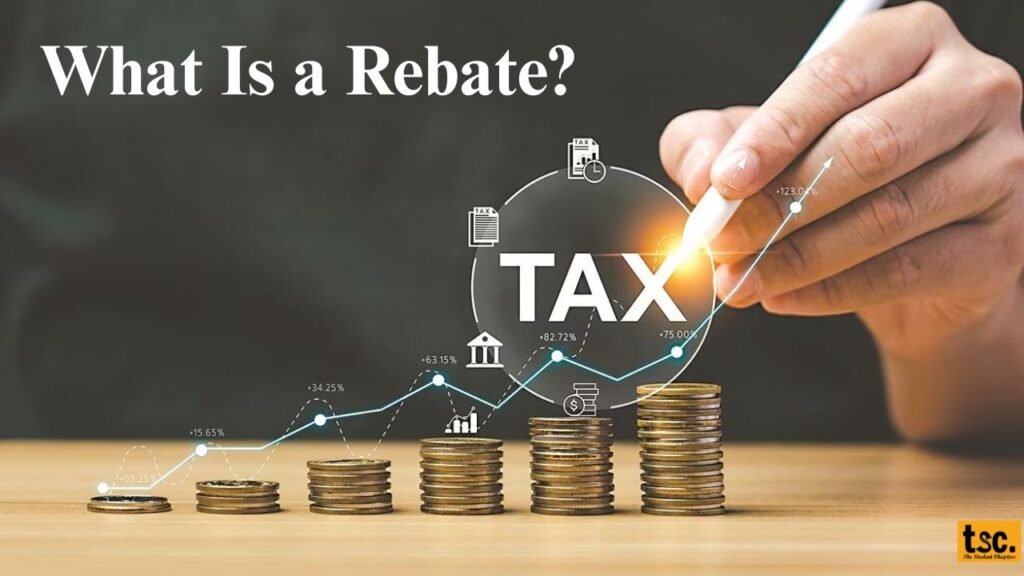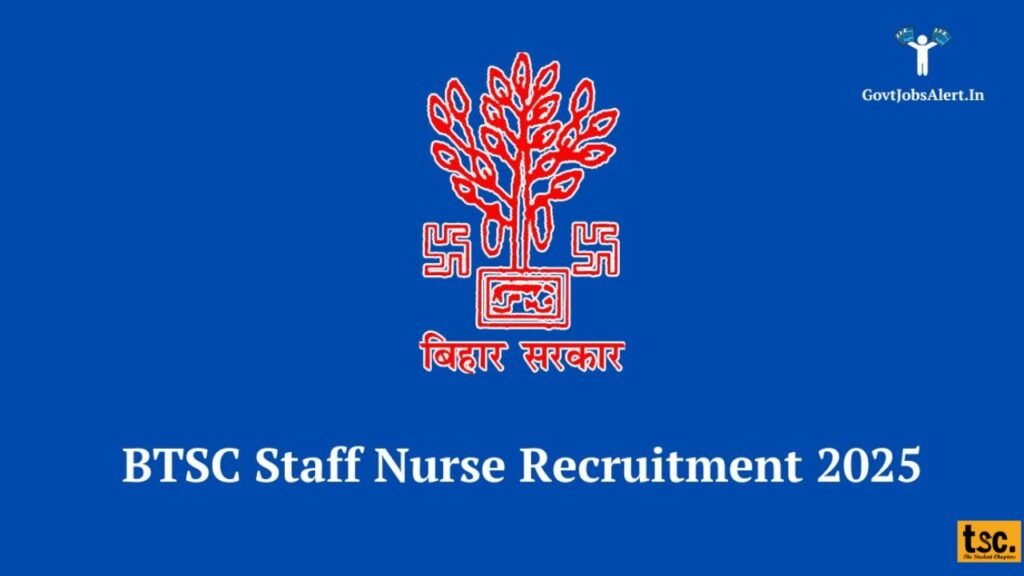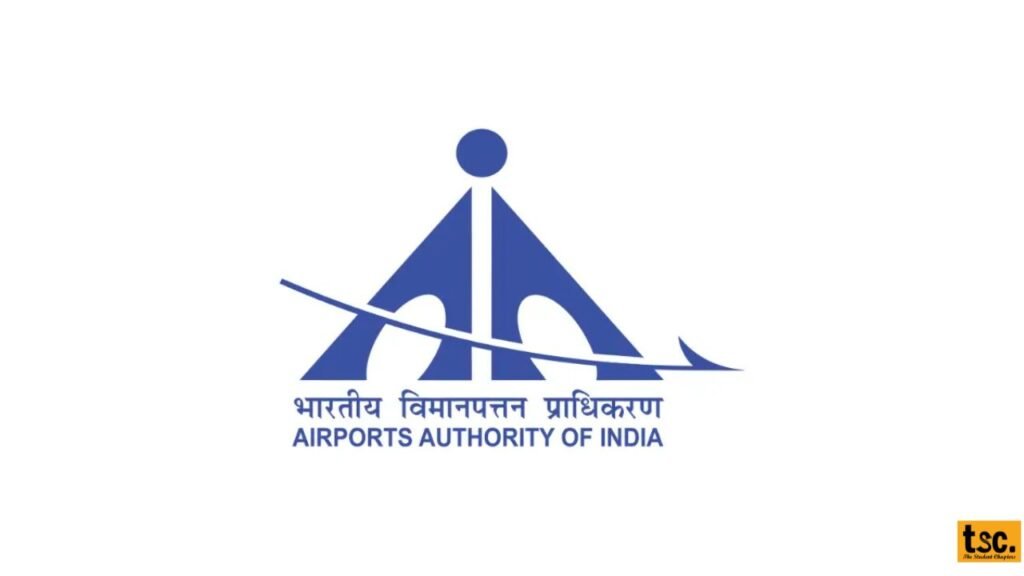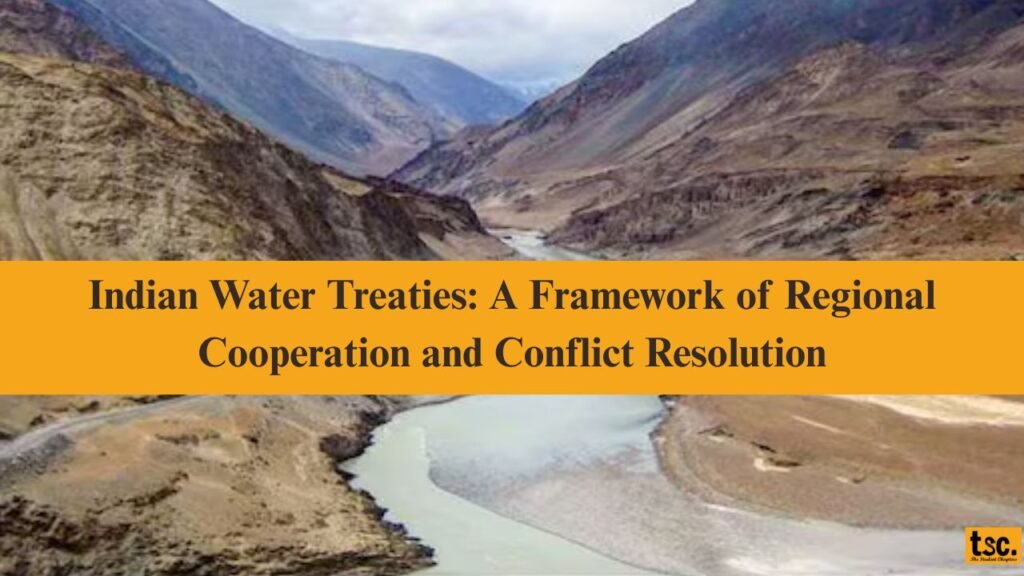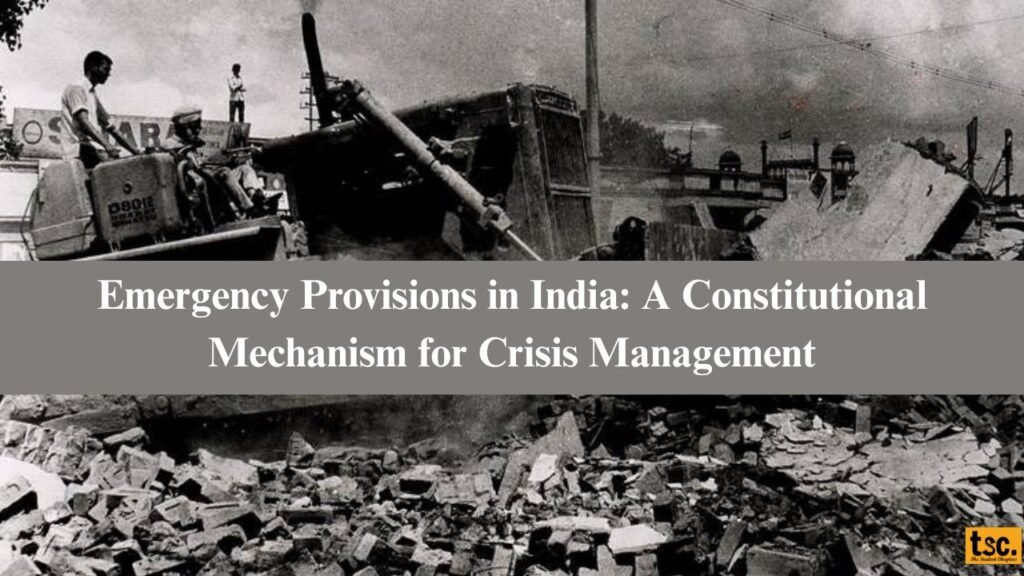Gambling Laws in India: A Comprehensive Overview
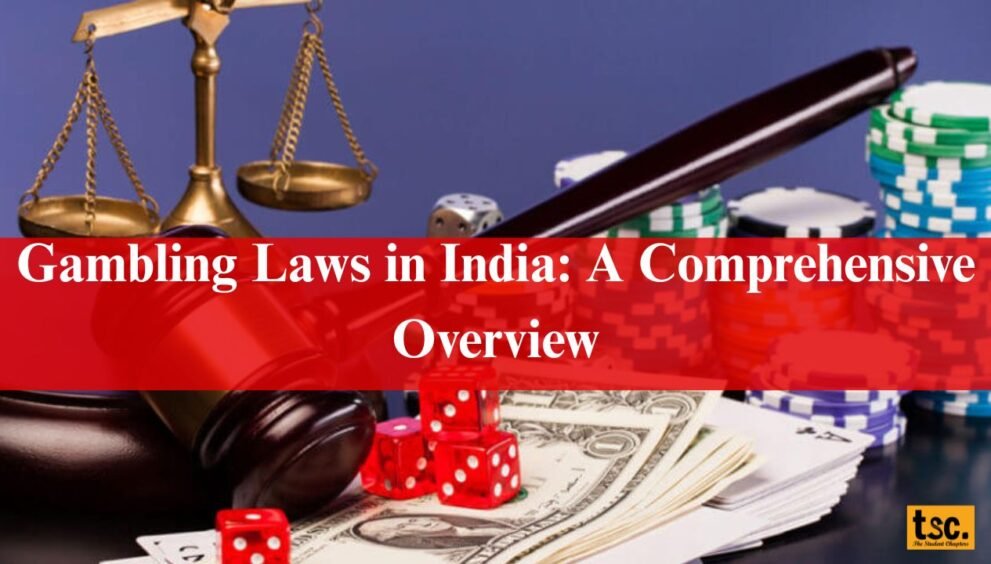
1. Introduction
Gambling in India is a complex and evolving issue. The laws surrounding it are largely outdated yet layered with modern interpretations, state amendments, and court rulings. India lacks a unified gambling code, leading to significant legal ambiguity, especially in the context of online gaming and betting. While some forms of gambling are permitted in specific states, others are strictly banned. The distinction between games of skill and games of chance lies at the heart of legal acceptance in India.
2. Central Legislation: The Public Gambling Act, 1867
The primary central legislation governing gambling is the Public Gambling Act, 1867, a colonial-era law that prohibits the operation or management of public gambling houses. Under this Act:
- Running or being found in a common gaming house is punishable with a fine or imprisonment.
- It does not apply to games of skill.
- Crucially, this law predates digital technology and does not account for online gambling or mobile gaming.
Despite its age and limited scope, the Public Gambling Act remains applicable in many states unless replaced or amended by state-specific laws.
3. State Autonomy Over Gambling Laws
Under the Indian Constitution, gambling is a State subject (Entry 34 of the State List, Seventh Schedule). This means that individual states are empowered to legislate on gambling and betting within their territory.
Examples of State Approaches:
- Goa and Daman & Diu: Permit licensed casinos under the Goa, Daman and Diu Public Gambling Act, 1976. Both onshore and offshore casinos operate here legally.
- Sikkim: Has taken progressive steps to regulate online gambling through licensing. The Sikkim Online Gaming (Regulation) Act, 2008 allows betting on sports and games.
- Nagaland: Legalized games of skill under the Nagaland Prohibition of Gambling and Promotion and Regulation of Online Games of Skill Act, 2016.
- Telangana and Andhra Pradesh: Amended their gambling laws to impose complete bans on all forms of online games played for money, including games of skill.
- Maharashtra: Follows the Bombay Prevention of Gambling Act, 1887, which prohibits most forms of gambling.
Due to this state-wise autonomy, gambling that is legal in one state may be a criminal offence in another.
4. Games of Skill vs. Games of Chance
A significant legal distinction in Indian gambling law is between games of skill, which are generally legal, and games of chance, which are usually prohibited.
Definitions:
- Game of Skill: Outcome is predominantly determined by the player’s mental or physical skill (e.g., chess, rummy, fantasy sports).
- Game of Chance: Outcome is predominantly determined by random factors or luck (e.g., roulette, dice, slots).
Key Judicial Rulings:
- State of Andhra Pradesh v. K. Satyanarayana (1968): Supreme Court ruled that rummy is a game of skill.
- K.R. Lakshmanan v. State of Tamil Nadu (1996): Horse racing was declared a game of skill.
- Varun Gumber v. Union of India (2017): The Punjab and Haryana High Court ruled fantasy sports as a game of skill, especially Dream11.
These rulings continue to influence the legality of modern digital platforms offering real-money games.
5. Online Gambling: The Grey Zone
Online gambling is not comprehensively regulated by any central law. The Information Technology Act, 2000 applies to online content but does not mention gambling. However, it gives the government power to block unlawful websites.
In 2023, the Ministry of Electronics and IT (MeitY) notified amendments to the Information Technology (Intermediary Guidelines and Digital Media Ethics Code) Rules, 2021, introducing:
- Classification of online games involving real money.
- Requirement for platforms to register with self-regulatory bodies.
- Ban on games that cause harm or addiction.
However, several states such as Tamil Nadu, Karnataka, Telangana, and Andhra Pradesh have enacted legislation banning or restricting online real-money games, even when they are based on skill.
6. Lottery and Horse Racing
Lottery:
- Regulated under the Lotteries (Regulation) Act, 1998.
- States may organize, conduct, or ban lotteries.
- Only a few states (e.g., Kerala, Maharashtra, Punjab, Sikkim) allow state-run lotteries.
Horse Racing:
- Recognized by courts as a game of skill.
- Legal in many states and regulated through turf clubs.
7. Taxation of Gambling Winnings
Winnings from lotteries, game shows, betting, or gambling are taxable under Section 115BB of the Income Tax Act, 1961 at a flat rate of 30%, plus applicable cess and surcharge. There are no deductions allowed for expenses incurred in earning such income.
8. Conclusion
Gambling in India remains a legally fragmented and contentious subject. While traditional and online gambling flourish in some regions, many states impose strict bans, especially on digital platforms. The classification of skill versus chance continues to shape the legality of emerging formats such as fantasy sports and e-sports. As technology outpaces regulation, there is an urgent need for uniform, balanced, and modern legislation that protects users while addressing addiction, fraud, and consumer rights.






